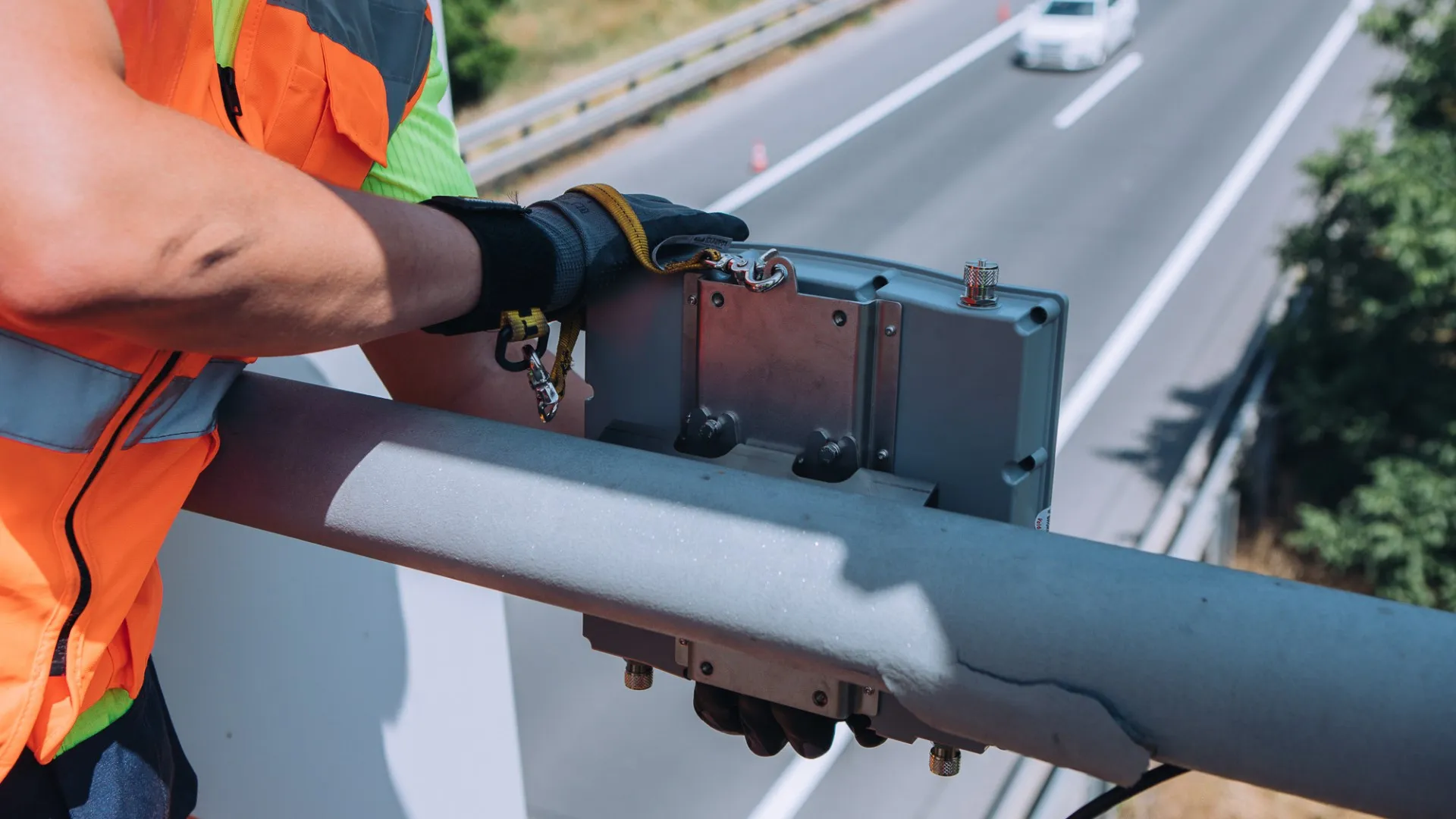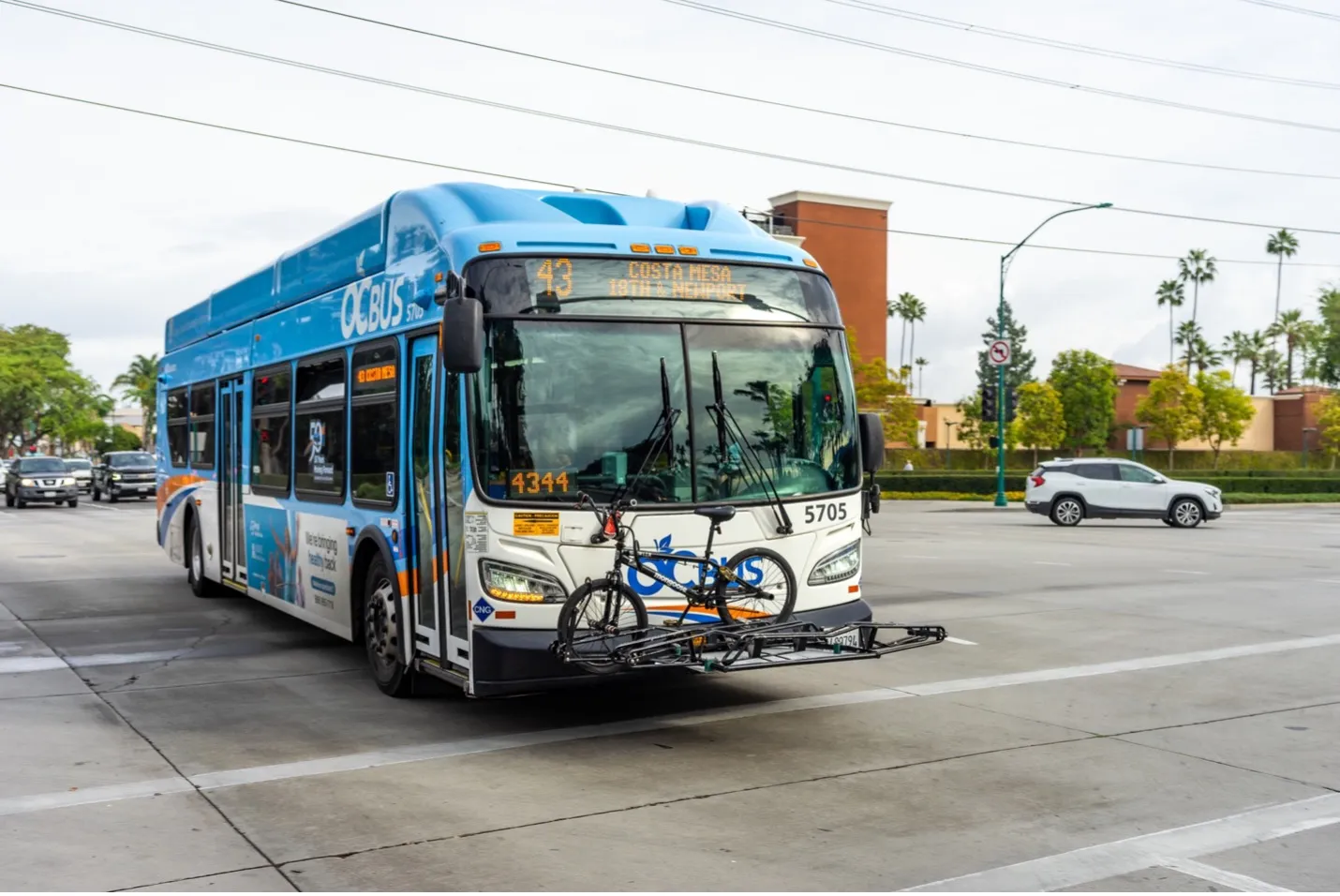
Yunex Traffic, Florida DoT, and the University of Florida Transportation Institute are working together on an autonomous vehicle (AV) project on the university's Gainesville campus.
Two Transdev EasyMile driverless shuttles ferry students around and are now able to make left and right turns, as well as stop and go in coordination with traffic signals.
The vehicles are fitted with Yunex on-board units (OBUs) which interact with roadside units (RSUs) mounted on traffic signal poles or mast arms.
Florida DoT funds the initiative, known as the Trapezium Project, which also includes the university's I-Street Living Lab and Gainesville’s regional transit system.
Iouri Nemirovski, Yunex's product manager for the RSU2X, says: “This is a tremendous example of smart city operations."
“At Yunex, we believe technology should work for people and not the other way around. Giving students and faculty an efficient, safe and environmentally friendly mobility option hits all of our pillars, and we’re very proud to be part of this effort.”
The shuttle programme grew out of Florida DoT research to deploy 71 Yunex OBUs in university and City of Gainesville vehicles, designed to interact with Yunex RSUs deployed in and near the campus.
Yunex also provided its proprietary Sitraffic Concert advanced traffic management system, and operational support, and subcontracted road safety firm Brandmotion to install the equipment.
Yunex says the results were positive, with drivers reporting "much greater situational awareness and a high interaction rate between their OBUs and RSUs throughout campus".
Sanjay Ranka, professor at the university’s Department of Computer & Information Science & Engineering, said of the project: “Our long-term objective is to leverage big data analytics and artificial intelligence to use the information collected for both improving safety and traffic operations.”








